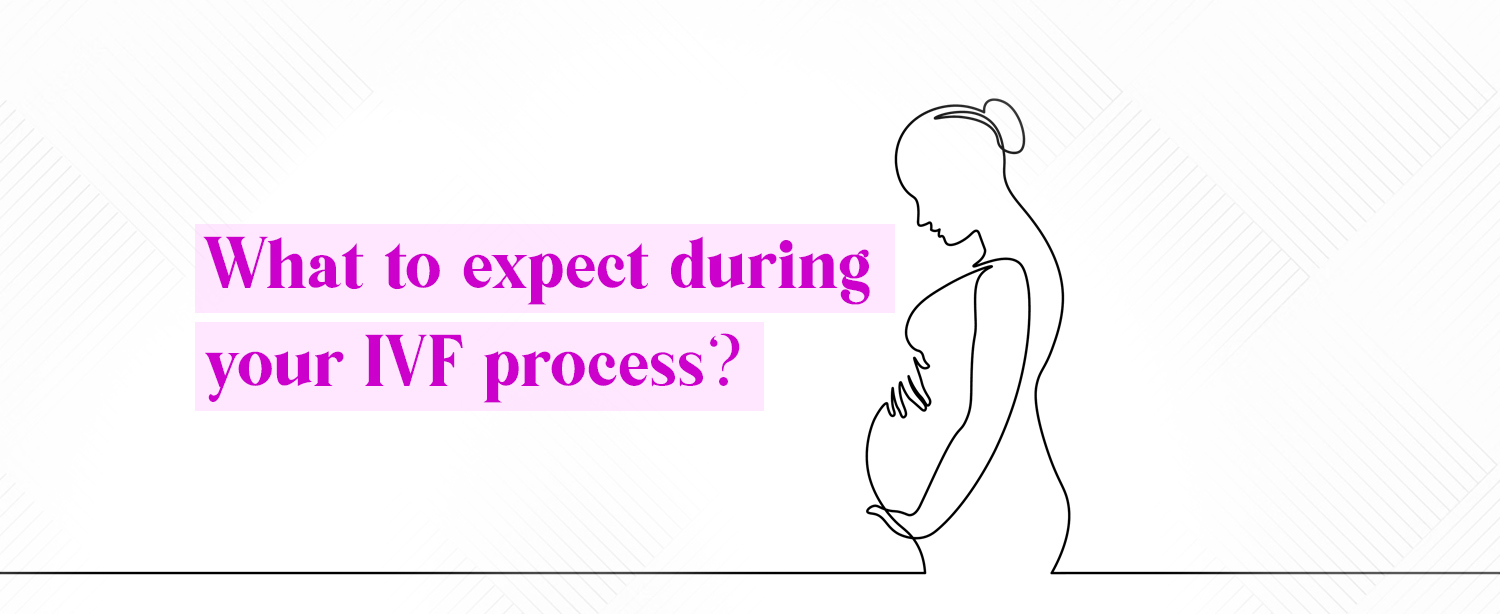Infertility can be a challenging journey for couples longing to conceive. In vitro fertilization (IVF) treatment has emerged as a beacon of hope, offering a ray of light to those struggling with infertility. This groundbreaking fertility treatment has revolutionized reproductive medicine, enabling countless individuals to achieve their dream of starting or expanding their families. IVF (in vitro fertilization) is a kind of fertility treatment where eggs are combined with sperm outside the body in a laboratory setting. IVF treatment plays a vital role in helping individuals and couples overcome various fertility issues. It offers a solution for a range of conditions, including tubal factor infertility, endometriosis, male factor infertility, unexplained infertility, and genetic disorders. With IVF, individuals who would otherwise be unable to conceive naturally can have the opportunity to fulfill their desire for parenthood. If you’re considering IVF as an option to start or expand your family, understanding the step-by-step process can help alleviate any anxiety and provide you with a clear roadmap to success.
Stages of IVF
Our health experts help explain each stage of IVF in simple terms and help guide you through the journey of an IVF treatment:
- Step 1: Initial Consultation and Evaluation
The IVF journey begins with an initial consultation with a fertility specialist. During this appointment, the doctor will review your medical history, perform a thorough physical examination, and discuss any previous fertility treatments you may have undergone. - Step 2: Ovarian Stimulation
Once you and your fertility specialist have determined that IVF is the appropriate treatment for you, the next step is ovarian stimulation. This involves taking fertility medications to encourage your ovaries to produce multiple eggs, rather than the usual one egg that is released during a natural menstrual cycle. The more eggs you produce, the more chances you’ll have of a successful fertilization later on in the treatment. - Step 3: Egg Retrieval
When your follicles have reached the optimal size and maturity, a minor surgical procedure known as egg retrieval is scheduled. Using ultrasound guidance, a thin needle is passed through the vaginal wall to collect the eggs from the follicles in your ovaries. The procedure is performed under sedation or anesthesia to ensure your comfort. - Step 4: Sperm Collection and Preparation
On the same day as the egg retrieval, your partner will provide a fresh semen sample, which will be processed in the laboratory. Alternatively, if you’re using donor sperm, it will be thawed and prepared accordingly. The sperm sample undergoes a series of laboratory techniques to isolate the healthiest and most motile sperm for fertilization. - Step 5: Fertilization and Embryo Development
This is the most important process where the best sperms are combined with the best eggs. This stage is called insemination. There are two main methods for fertilization: conventional IVF, where the eggs and sperm are placed together in a culture dish, or intracytoplasmic sperm injection (ICSI), where a single sperm is directly injected into each egg. The embryos are then incubated for several days, during which time they undergo cell division and development. - Step 6: Embryo Transfer
About three to five days after the fertilization process, your doctor will place the embryos in your uterus using a catheter. The embryo transfer procedure is usually performed without anesthesia and involves passing a thin catheter through the cervix into the uterus, where the embryos are carefully deposited. This step is generally painless and does not require any downtime. Multiple embryos are transferred back into you in the hopes that at least one will implant itself in the lining of your uterus and begin to develop. The IVF process basically replicates natural reproduction. In some cases, more than one embryo ends up implanting, which is why multiples are common in women who use IVF. - Step 7: Pregnancy Confirmation
Waiting for the pregnancy test following the embryo transfer, you will enter a period of anticipation as you wait for the pregnancy test. Your fertility clinic will ask you to come in for a blood test to measure the levels of pregnancy hormone (hCG) in your system. If the test confirms pregnancy, congratulations!
Fertility care at Kokilaben Dhirubhai Ambani Hospital, Mumbai
Are you looking for a fertility treatment in Mumbai? Consult Mumbai’s best fertility specialists at our Department for Reproductive Endocrinology and Fertility (CREF). Our team of specialists provides comprehensive diagnostic and treatment options to address various fertility issues, including assisted reproductive technologies such as in vitro fertilization (IVF), intrauterine insemination (IUI), and egg and sperm donation. CREF is staffed by a highly experienced team that includes a full-time consultant reproductive endocrinologist and infertility specialist, embryologist, IVF coordinator, and specially trained nurses. Please find our link below for more details:


